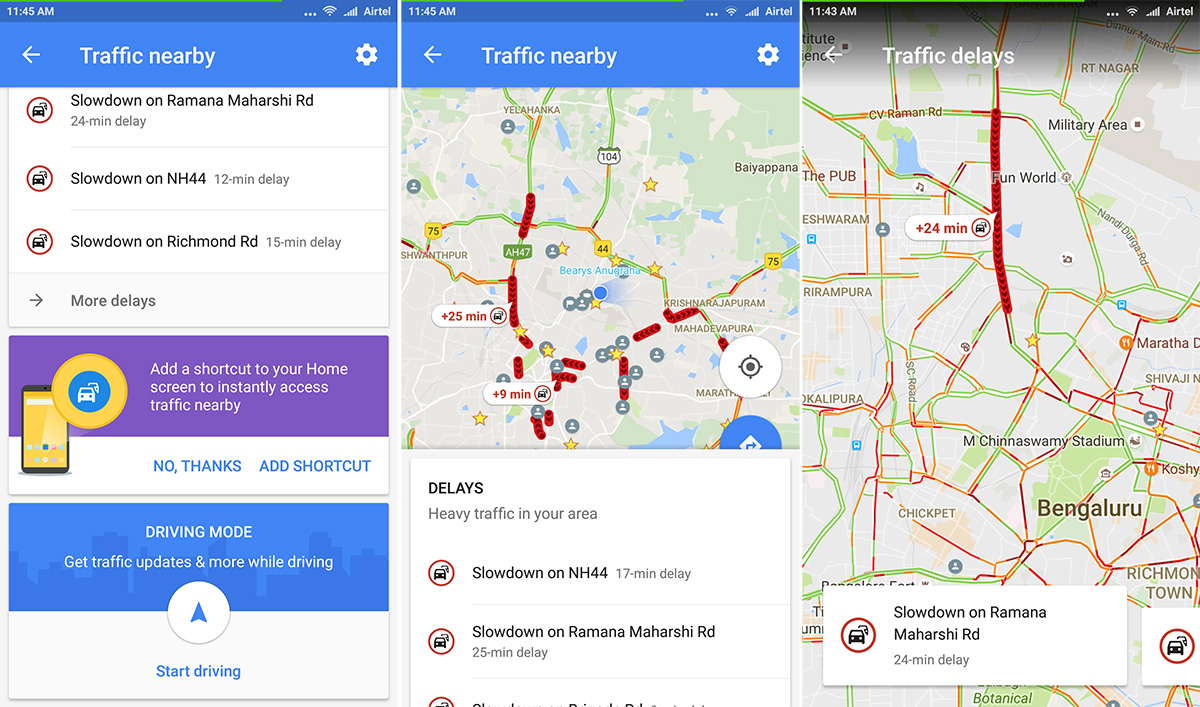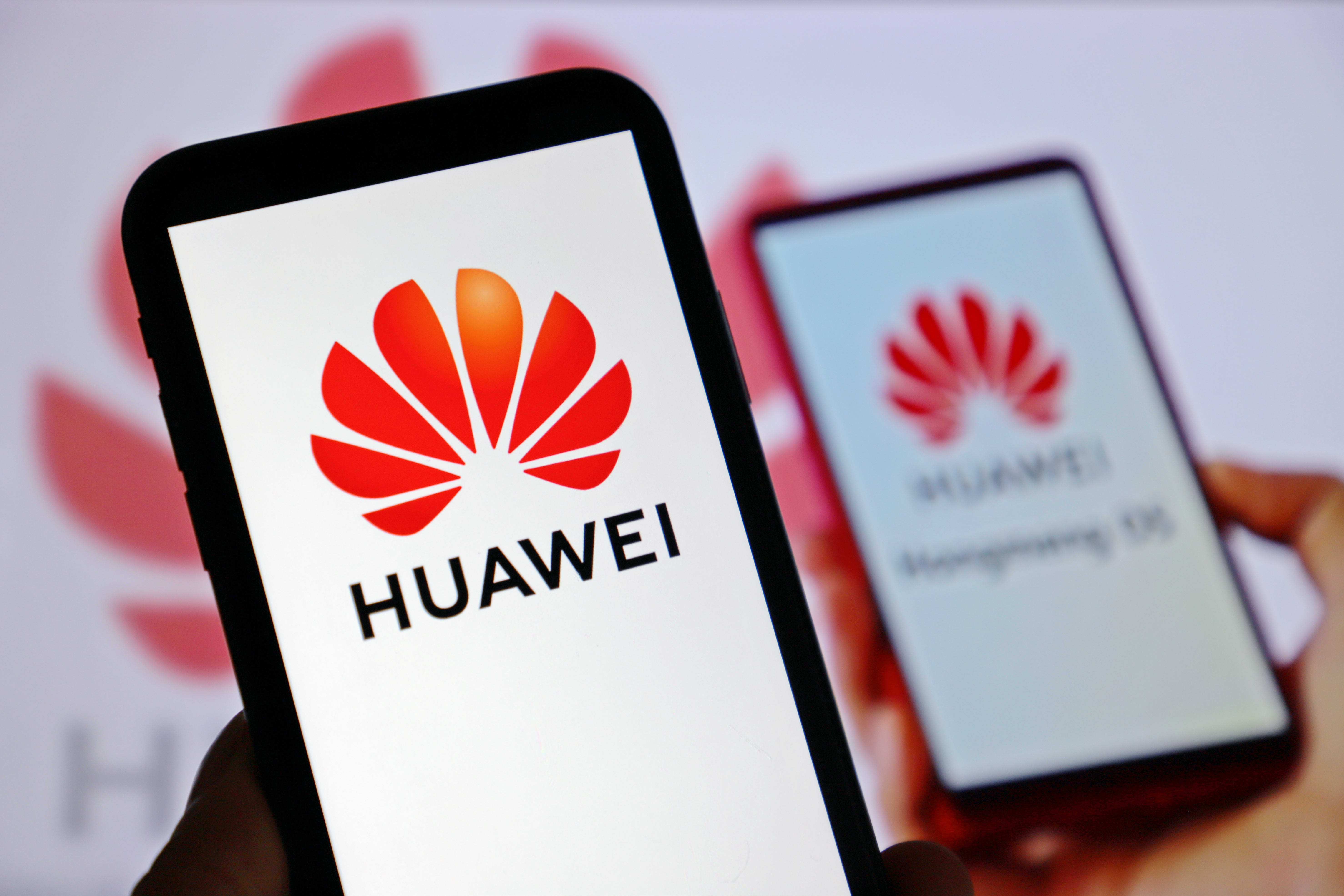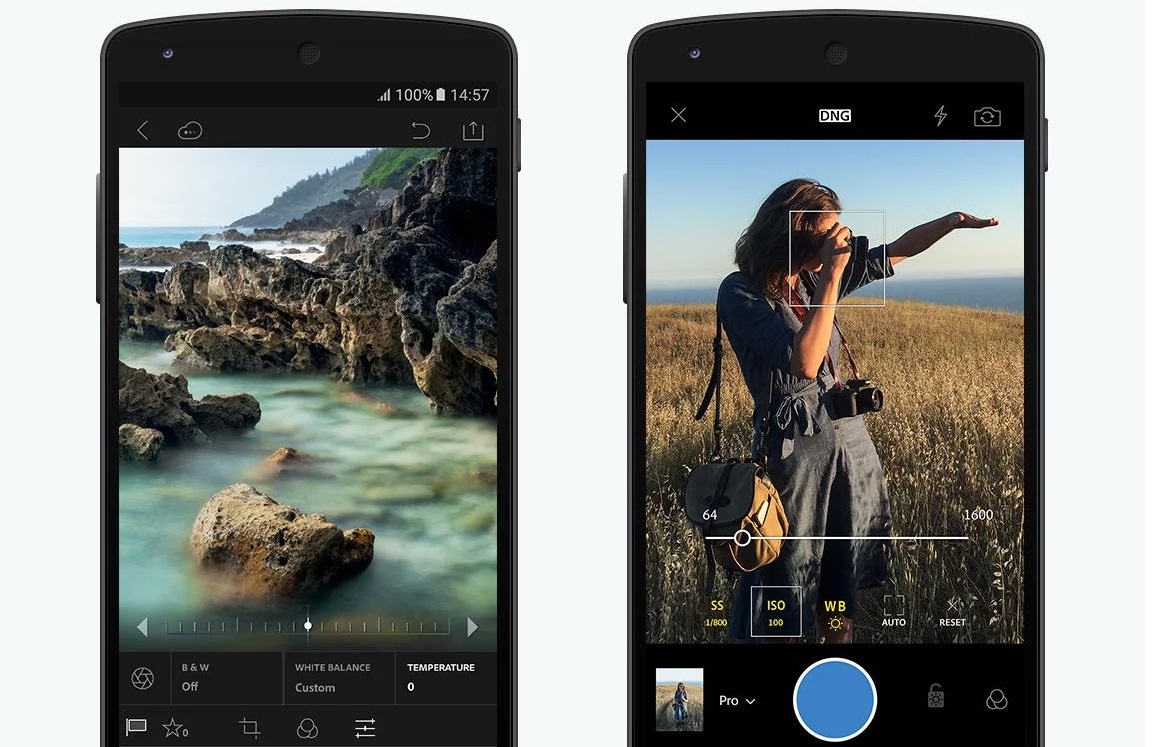

We will continue delivering great products and features to you, now at a much faster pace. Rest assured that nothing will change with your account or the cost of our service.

In a blog post on the company's website, David Fortunato, Wealthfront’s Chief Executive Officer, alleviated an concerns on the part of current and prospective customers by stating, "You will see no change to your experience and can look forward to benefiting from UBS’s breadth of products, services, and intellectual capital. Noubir's next project: to examine how much this tracking is actually happening to Android users in the real ers in the real world.On Wednesday, January 26, 2022, Wealthfront announced that it has agreed to be acquired by one of the premier brands in wealth management, UBS, in a transaction valued at $1.4 billion. Vo- Huu, PhD'16, and Kenneth Block, PhD'18. The team included Sashank Narain, PhD'17, Triet D. "Why keep apps that can access your sensors if you don't use those apps seriously?" he asks.

He also advises uninstalling apps that you don't use frequently. "Be sure that your apps are not still running in the background when you're not using them."
#MUST HAVE RESEARCH APPS FOR ANDROID 2016 INSTALL#
"You should not install apps that are not familiar to you - ones that you have not investigated," he says. What's an Android user to do short of forgoing apps altogether?įor starters, do your homework, says Noubir. "Adversaries can recover lots of details through these side channels." Additional information, he warns, can then be gleaned by searching town and city public databases for, say, property tax records. "Inferring a driving pattern from an Android app can lead to much greater invasions of privacy, such as where the user lives and works," says Noubir. Their most current results surpassed those initially published in the proceedings of the 2016 IEEE Symposium on Security and Privacy: A 50 percent chance that the actual path traveled was one of 10 generated. In both tests they collected scores of measurements derived from the phones' changing positions, including the angles of turns and the trajectory of curves. They also got behind the wheel themselves, driving for 1,000 kilometers over more than 70 different routes in Boston and Waltham, Massachusetts. They simulated drives in 11 cities around the world including Berlin, London, Rome, Boston, and Atlanta.

To gauge the effectiveness of the system, the researchers conducted two types of tests. "Just using these sensors, which do not require permissions, we can infer where you live, where you have been, where you are going." "In our research we show that an app in fact does not need your GPS or Wi- Fi to track you," says Noubir. Together these sensors can provide clues to everything from the route you take to work to whether you carry your phone in your pocket (the phone is relatively stable) or your purse (it swings). But often permission for such access is buried in terms- of- use agreements - the small print that many users don't read - or comes up not when the app is downloaded but later, unbeknownst to the user, when access for that information kicks into gear.Īndroid apps present further privacy risks because they automatically have access to key sensors inside the phone that detect the device's location, movements, and orientation. If an Android app wants to access sensitive user information, such as location,it must let the user know. "Some of them may be malicious - no one is screening them." "For $25, anyone can put an app on Google Play, the store for Android apps," says Noubir, professor in the College of Computer and Information Science. The most recent results? A 50 percent chance that the actual path traveled was one of the five. For each trip, the system then generated the five most likely paths taken. The researchers applied the algorithm to various simulated and real roadtrips. Their system uses an algorithm that inserts data from the phone's built- in sensors into graphs of the world's roads. National Center for Telehealth and Technology This Defense Department center has been at the forefront of mobile health efforts to help military service members, veterans and families with health issues. The researchers know this because they built an Android app and tested it. This research center has developed IntelliCare, a suite of 14 apps for Android users targeting depression and anxiety. New research from Northeastern's Guevara Noubir and colleagues shows that Android apps can be manipulated to reach inside your mobile phone to track your whereabouts and traffic patterns, all without your knowledge or consent. Permissions, though, are only a small part of the Android- app privacy story.


 0 kommentar(er)
0 kommentar(er)
